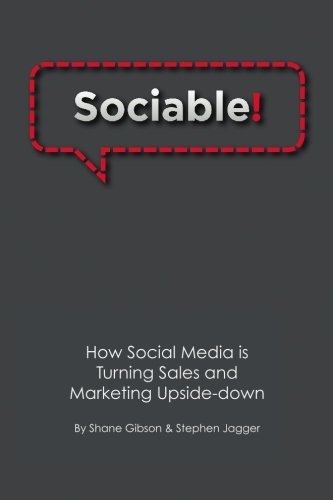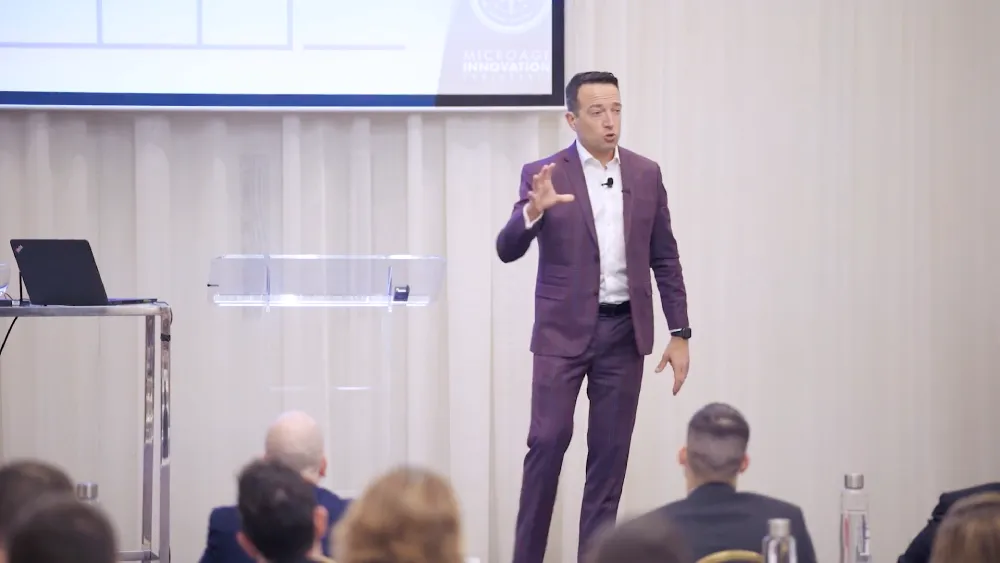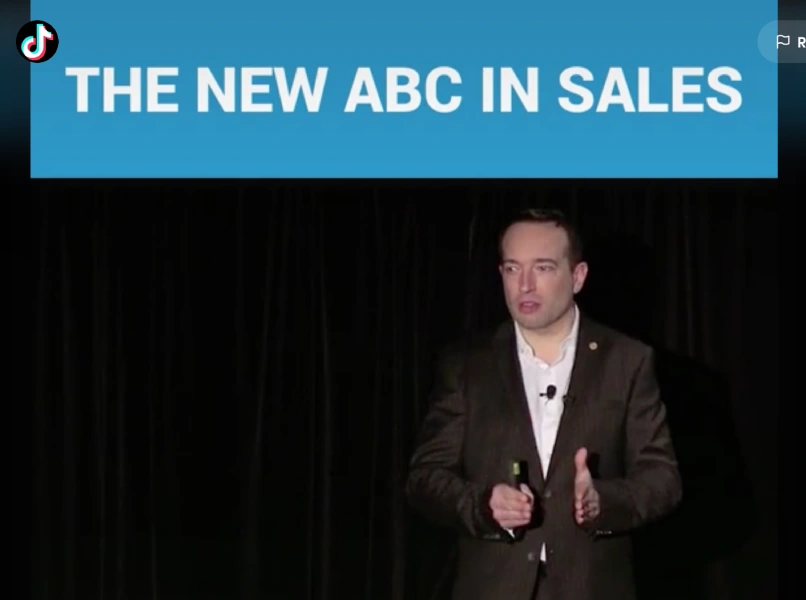Waterboarding Your Sales Team
First off my blog and podcast site is usually relegated to positive stories of empowerment, connecting with clients and staff at a deep human level, and the importance of continually investing in our personal development. With that said, sometimes contrast is good. This is a story about how wrong, and how out of touch sales organizations can be.
This is about a sales executive suing his employer for Waterboarding him at a sales conference as some medieval method of motivating him (Waterboarding was first made popular during the Spanish Inquisition). He also described his work environment as follows:
“Hudgens’s lawsuit, filed Jan. 17 in Provo, suggests the testosterone-poisoned setting of the David Mamet play “Glengarry Glen Ross.” Hudgens alleged that if the 10-person sales team went a day without a sale, members had to work the next day standing up; Christopherson took away their chairs. The team leader also threatened to draw a mustache in permanent marker on the face of sales people for “negativity,” Hudgens said. Christopherson kept on his desk a piece of wood, “the 2-by-4 of motivation,” he said. “
Wow, I first read about this on Digg.com and did a quick Google search to see if it was for real. Fox news and Washington Post both posted this story back in April.
Now here’s a great quote:
“We’re not the mean waterboarding company that people think we are,” said George Brunt, general counsel for the firm, which sells a combination of online and personalized instruction — packaged as “coaching” and running $3,000 to $15,000 — to customers who are solicited by telephone.”
I love that “We’re not the mean waterboarding company that people think we are,” so if that’s not mean than what is?
You can read the entire article on the Washington Post Website. As sales managers and executives our customers, our first customers are the people on our team. If we serve them well and give them the tools to succeed then that treatment will trickle down and into the marketplace. Our team will treat our customers as humans, not numbers or quotas. Where was the humanity in this?












